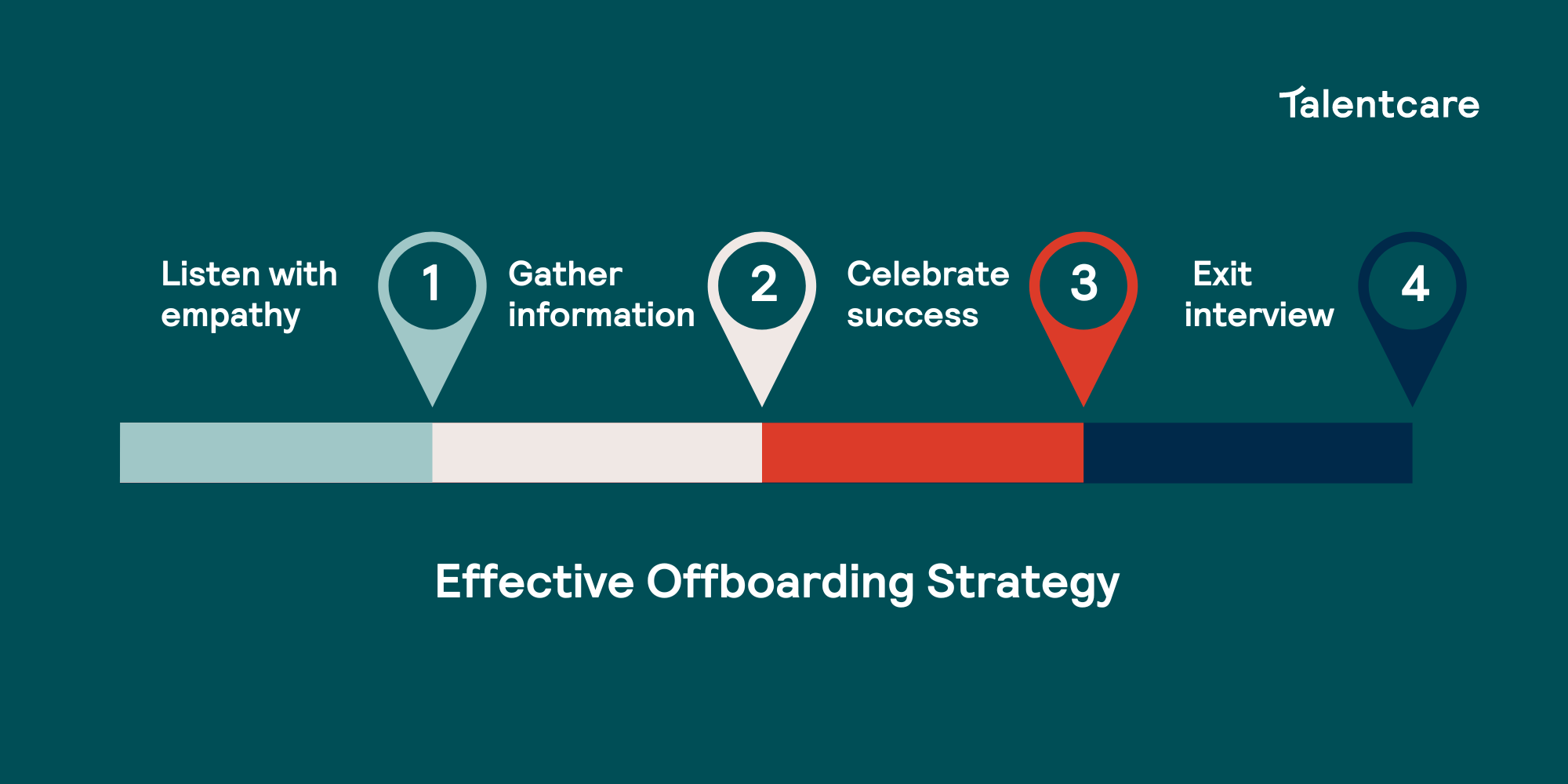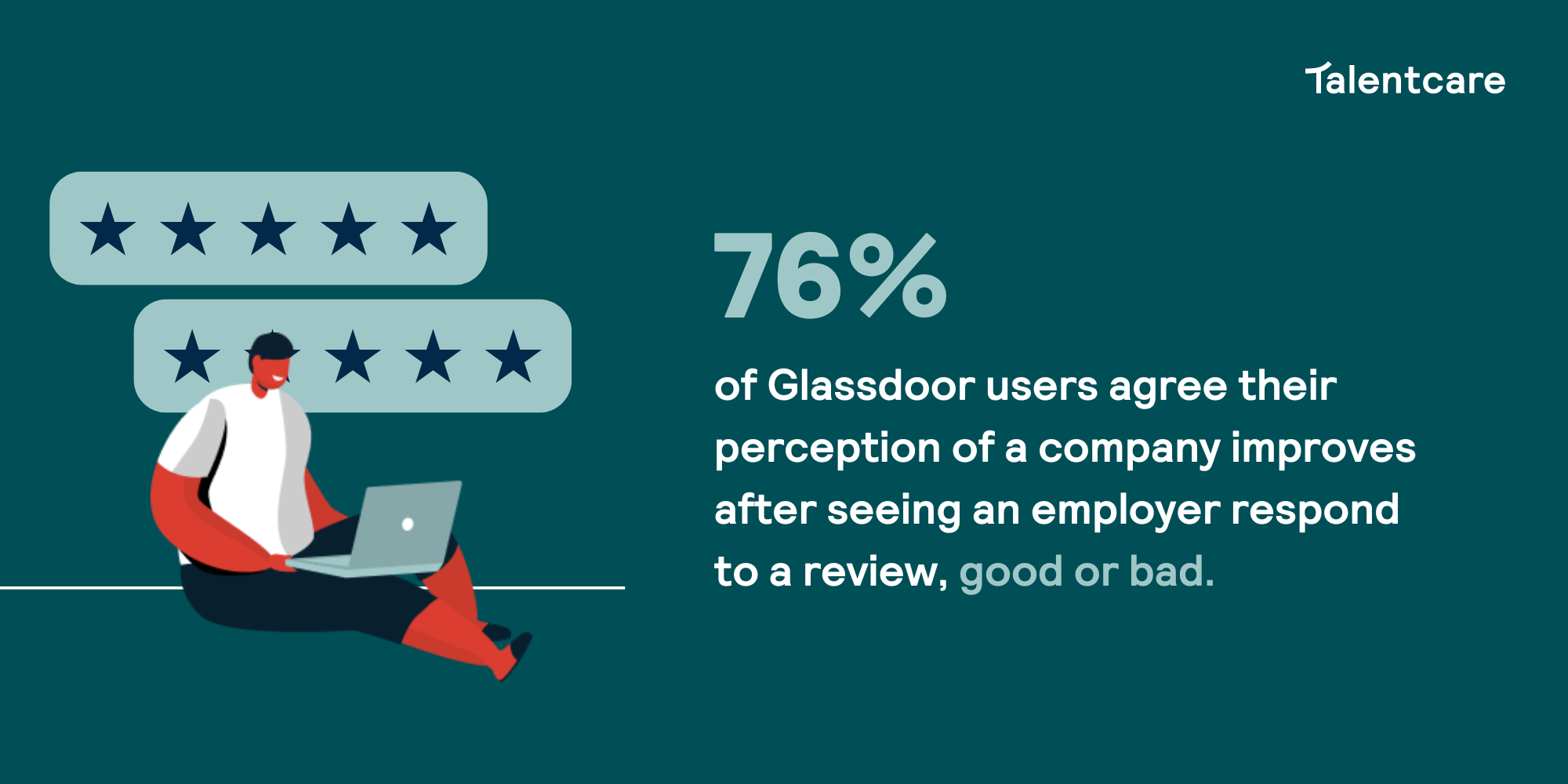“Times of turnover” is just a nice way of saying that while many of us are struggling to find candidates for open roles, some of us are struggling to find candidates for open roles AND how to gracefully support employees giving notice or those who have been “let go” (we hate the term as much as you do).
Any organizational change can hurt not just your product or business brand, but also your recruiting funnel and employer brand, causing potential great employees to search elsewhere for job opportunities and your candidate funnel to shrink. It’s important to maintain your employer reputation and keep your candidate funnel active even during an organizational restructure, allowing you to continue to grow other areas of your business and meet hiring demands.
It’s a balancing act, but there are ways to make it easier for you and your recruiting team to continue to attract talent and for your company to keep morale high if team members or segments of the business have been identified for restructuring.
An Effective Offboarding Strategy
Having a strategy for exiting employees, whether they are leaving on their terms or yours, is the most important factor in creating a positive experience. Many of us already know that the last two weeks on a job can be the absolute worst – but it doesn’t have to be.

1. Listen with empathy. Acknowledge the resignation and offer support for anything your employee needs during their final weeks. This is not the same as an exit interview. This is about making a connection with someone who might be leaving your company because of a poor employee experience. Your perspective at this stage is to find out what you can do to assist your outgoing employee. It’s important to treat departing employees with respect and empathy throughout the employee offboarding process. Employees who go through graceful offboarding are key to improving existing employee retention rates and your company’s reputation as an employer. It literally costs ZERO dollars to be a nice person, so be kind to your offboarding employees. If you respect them, they will respect you.
2. Gather information. This is a “discovery phase” and your goal is to mitigate the impact of the loss of a team member, as well as find out what the manager’s plans are with regard to backfilling the position. The role of the employee’s manager is crucial to the success of your offboarding program. While HR can offer support, the manager is responsible for ensuring that the offboarding employee is well-treated. HR sets the tone, expectations, and structure for how managers should handle offboarding, from accepting a resignation to communicating the change to the rest of the team. It’s a good idea to have regular manager training on working with outgoing employees.
3. Celebrate your outgoing employee’s success. Yes, this means cards and well wishes and possibly a party once you have an understanding of why the employee is leaving and whether or not you CAN communicate with transparency to team members. If it’s simply for a different role elsewhere, relocating due to a partner or spouse’s job, or one of the dozens of other reasons that will not involve your company dealing with a lawsuit, encourage the employee’s coworkers and managers to organize a farewell party for the employee, acknowledge his or her contributions, and talk openly and positively about their time in the company. Resignations don’t always have to be so gloomy!
4. Exit interview. This is a wrap-up meeting between management representatives and someone who is leaving an organization, either voluntarily or through termination and can help you understand reasons for an individual employee’s departure, gauge morale, identify disconnects with leadership, compensation or other culture or workplace problems. This is your last opportunity to leave offboarding employees with a positive impression of your organization. The interaction will stick with them throughout their career and will directly correlate to future sentiments – including what they choose to share with peers, friends, family and other colleagues about your company.
Expect Bad Reviews
And yes, respond to them. Why? Because 76% of Glassdoor users agree their perception of a company improves after seeing an employer respond to a review, good or bad. You might actually be surprised to see a GOOD review from a laid-off employee or one who resigned. It’s happened. Why? Because your HR and leadership team was transparent, generous, and warm. Layoffs and restructuring can be cold-hearted processes. Do them differently and you minimize the number of disgruntled laid-off employees.

Don’t neglect your remaining staff, as they are affected either through redistribution of work or morale. Current employees can leave anonymous reviews too, and even in large cities, people talk. You don’t want your company’s reputation to be marred by poor morale.
Developing a strategy to improve or maintain your employer reputation is a big part of what we do at Talentcare (we see it work every day) and we’re ready to help. Drop us a line or slide into our DMs.
